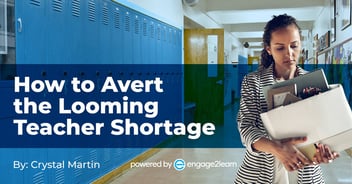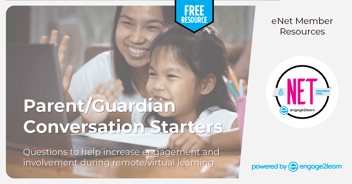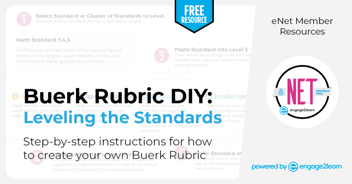“There’s no crying in baseball!!” But should there be? | engage2learn
Emotions are a Strength and Not a Weakness!
There are so many assumptions about emotions; if you cry too easily, you’re overly emotional. If you never cry, you’re a robot. If you share your feelings, you’re in touch with who you are. If you don’t talk about feelings, you don’t really know yourself. If you cry, you’re weak. If you don’t, you’re strong. Who’s right and who’s wrong?
In all honesty, I’m not one that outwardly shares my emotions. How things affect me, or how things make me feel are things that are just that, mine. I’ve always been taught that meant I wasn’t emotional. So when I started writing this blog, I had to take time and reflect. I realized I often take time to reflect on many things. For instance, situations in my personal/professional life, ways that people respond to me, how I respond to people, everything! I slowly started to realize that by reflecting I AM feeling my emotions. Eureka!
Reflection is the real key to understanding, identifying, and processing emotions. Whether you handle them by crying alone, crying with someone, shouting, taking a drive, privately, or publicly, reflecting on why you had the emotion is profound learning. Which leads to better understanding yourself and leads to a better understanding of how you work. Which leads to a better understanding of how to manage your classroom. Which leads to better understanding your students and leads to empathy for your students.
Empathy helps make your classroom and campus a safe space to explore and ask questions. Click To TweetEmpathy helps make your classroom and campus a safe space to explore and ask questions. A space for students and colleagues to discover how they handle emotions. Understanding yourself, and others, and how you process information and emotions can be a very complex task(might I remind you that I just started to discover how I process emotions and I am well into adulthood). So how do you get started? The Myers-Briggs 16 Different Personalities assessment is something you can use to determine how you handle and process situations and also help you understand how others do the same.
I took the quiz myself and won’t bore you with my results, but it helped me in two ways. One, the traits I knew instantly were right, whether they were good or bad, made me feel better to know that there are other people out there who react and behave like I do. Second, if there was a characteristic I didn’t instantly recognize, it made me think. It helped me reflect more specifically on my behaviors and understand myself in a more specific way. Okay, fine, I’m the Logician Personality. You twisted my arm. I encourage you to take the test to get your results!
Consider having your students take the assessment as well. How cool would it be to have your students begin to understand how they process emotions, but also to know how to work with people who handle emotions differently! Also, consider including more reflection time in your school day. When students are given the opportunity to hear how other students feel about a lesson or situation they can begin to understand each other better and also start to practice empathy.
The more we let others know we hear and understand what they are feeling, the less we will have to decide if emotions are a strength or a weakness. The workforce of tomorrow is collaborative teaming, that more than likely consists of a global workforce. What a great opportunity we have for our learners because our students today will need to understand how to work with others and efficiently manage emotions of self and interact appropriately with the feelings of others in the workplace. By working with learners to fully understand emotions, how they process them and how others process their own emotions, we can work to prepare them today, for their tomorrow!
The workforce of tomorrow is collaborative teaming Click To Tweet


